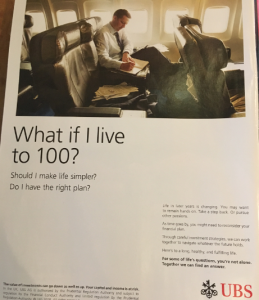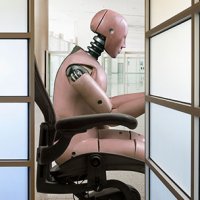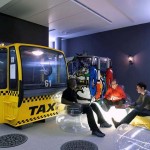 In a previous job role, we didn’t have the funds to hire the most senior sales people, so I took the approach of hiring graduates with the attitude and drive to succeed, targeting a variety of new market segments for growth. Not everybody worked out, but several members of the team are Directors there or elsewhere, of which I am very proud. I had the opportunity to meet up with one of the team recently, and he reminded me of a story I used to share which is worth retelling.
In a previous job role, we didn’t have the funds to hire the most senior sales people, so I took the approach of hiring graduates with the attitude and drive to succeed, targeting a variety of new market segments for growth. Not everybody worked out, but several members of the team are Directors there or elsewhere, of which I am very proud. I had the opportunity to meet up with one of the team recently, and he reminded me of a story I used to share which is worth retelling.
At the 1904 World Fair in St Louis, the gentleman selling ice cream ran out of paper cups. He talked to the person next to him selling waffles, who then proceeded to flatten and roll them diagonally to form cones, thus creating the ice cream cone I grew up with in the 1970s (in the UK it was known as the ‘99’ and you could add a small chocolate flake as an extra treat – oh the memories).
The lesson in this? Look away from the obvious and consider the ingredients or components, partnerships or alliances outside of the norm, to create the new future.
We are in a new era of collaboration and partnerships facilitated with or without technology – who or what can we learn from, that sits outside our traditional sector and every day activities?







